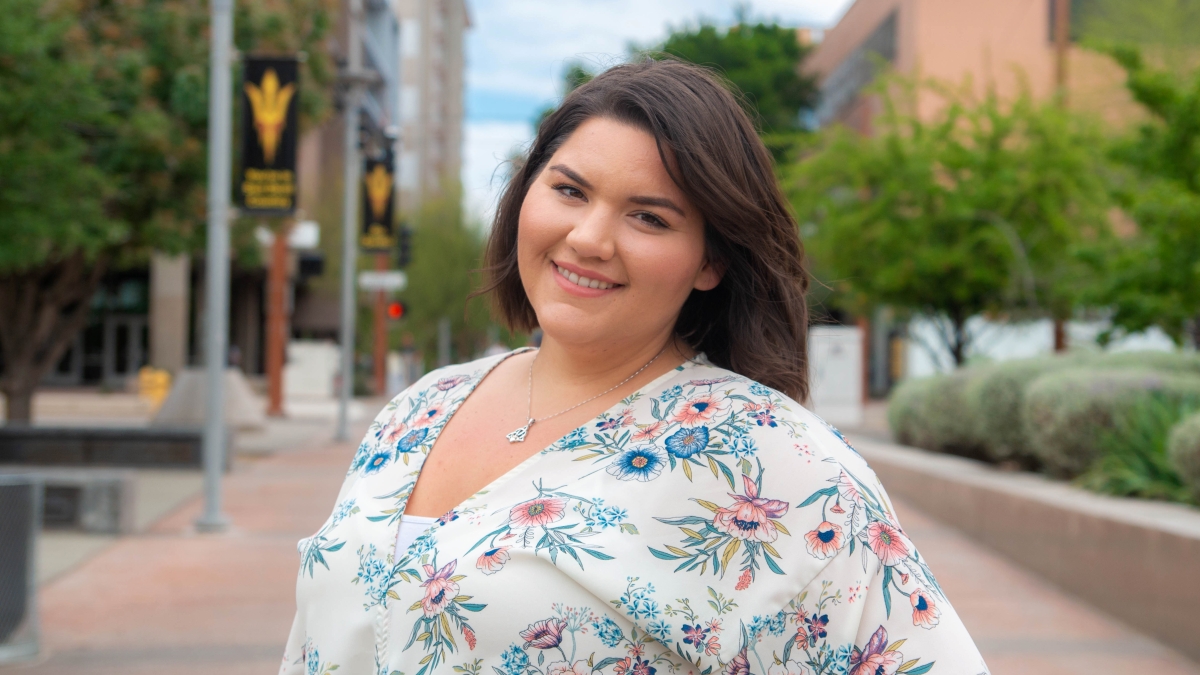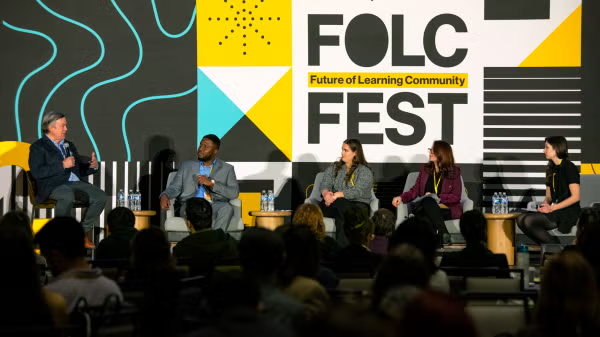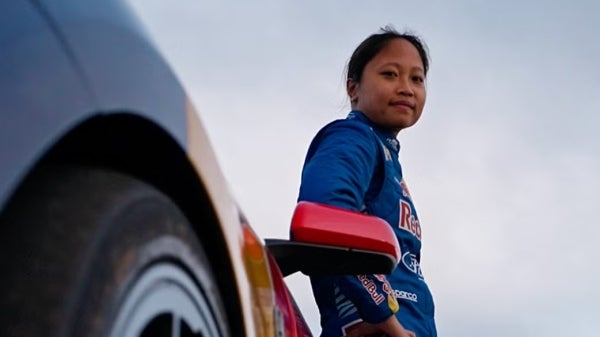Criminal justice grad's research on trouble spots in policing gives her hope

“I have a really big passion for policing and helping the policing system,” Katharine Brown said. “As much as I love and value the system, [there are] injustices with marginalized communities, particularly the poor and the homeless. I just want to contribute and help make it better if I can.” Photo by Alexis Bojorquez
Editor’s note: This is part of a series of profiles for spring 2019 commencement.
Katharine Leigh Brown loves and values the criminal justice system. She even entertained thoughts of becoming a police officer.
But Brown’s love is not blind and unquestioning. She is acutely aware of policing issues, particularly with regards to marginalized people, that need attention for the sake of police officers and the communities they serve.
“There are practices in policing I see that could use changes, and as of now we don’t have clear answers to what the best changes are,” said Brown of Palmdale, California.
Brown is on the case. She wants her research on fairness and police-citizen interaction to unlock mysteries of how and why the criminal justice system does what it does and how to make that system better for everyone.
“I have a really big passion for policing and helping the policing system,” Brown said. “As much as I love and value the system, [there are] injustices with marginalized communities, particularly the poor and the homeless. I just want to contribute and help make it better if I can.”
Brown is the spring 2019 outstanding graduate for the School of Criminology and Criminal Justice in Watts College of Public Service and Community Solutions.
While an undergraduate student studying sociology at the University of California-San Diego, Brown worked as a first responder, a civilian position, in the university police department. She thought she was on a path to become a police officer but decided to add another possible alternative by applying for a spot in the criminal justice master’s program at Arizona State University.
At ASU, she learned she loves research, and her professional interests switched from the academy to academia. Her plans now are to be a career researcher instead of a career police officer.
“What threw me into the research side is realizing there are so many questions that I want answered, and there are so many ways I want to help police departments and officers,” Brown said. “I really think I can have a lot of opportunities to do so as a researcher.”
Brown, a first-generation college graduate, is a scholar of procedural justice. As a graduate research assistant, she worked with Assistant Professor Cody Telep in evaluating efforts by a police department in California to better approach the homeless.
Her master’s thesis research on the influence of officer gender grew from her push for valuing women and their role in the criminal justice system. She will present her research at the American Society of Criminology's annual meeting this November.
“Women are awesome,” Brown said. “They are undervalued. We need to do more research on them because they are amazing.”
While pursuing her doctoral degree at ASU, Brown will continue looking at criminology and the criminal justice system with an emphasis on fairness and process with marginalized communities. Her research will focus on evidence-based policing and procedural justice in a quest to create effective and fair policies that improve relationships between police and communities and implement tactics that make officers safer.
She expects her future research could go in many directions. For example, her interests in gender and crime could lead to an investigation of how things like access to health care for marginalized and poor women may contribute to disparate outcomes in the criminal justice system.
Brown’s research to date on trouble spots in policing gives her hope.
“When you study marginalized populations, when you hear about frequently or see frequently how marginalized populations have had bad interactions with the criminal justice system, it’s disheartening,” Brown said.
“Seeing my fellow students and the professors doing such important work, I think it made me more positive in that I feel like we can help as a population. There’s more we can do and that people are already doing. It’s going to take work and it’s going to take time, but there are things being done.”
Story by Jennifer Dokes
More Sun Devil community

FOLC Fest 2025 explores Principled Innovation, leadership and learning at ASU
"Principled Innovation is about using our creativity, knowledge and resources to make decisions that ultimately benefit humanity…

These Sun Devils are inspiring the next generation of female athletes
This year, Women's History Month is celebrating the theme “Moving Forward Together! Women Educating and Inspiring Generations.”…
Founders’ Day 2025 celebrates legacy and innovation at ASU
"Honor the past, celebrate the present and invent the future." This motto encapsulates the spirit of Founders' Day, a…

